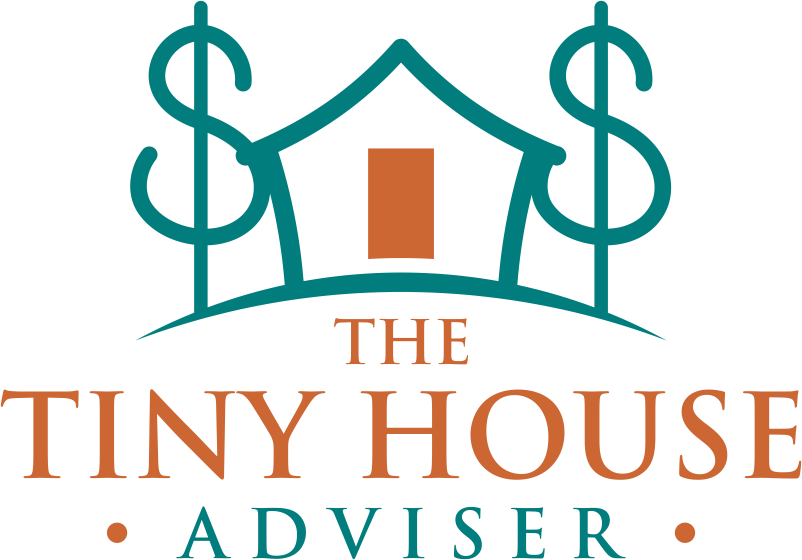EP 113: Divorce to do list: Consider a Tiny Home
Divorce, often referred to as "the big D," is a transformative and often challenging period in anyone's life. Laura Lynch, host of the Less House, More Moola Podcast, explores the intersection of divorce and tiny or alternative living, highlighting how a smaller space can offer a unique solution during this pivotal juncture. This episode delves into the financial complexities of splitting a household and how embracing a less traditional living situation can provide a much-needed cocoon for healing, self-discovery, and a stronger financial launchpad for the future.
The Financial Realities of Divorce and Housing
The process of divorce often involves significant financial strain. Our tax code, social norms, and even mortgage applications are largely structured around couples and dual incomes, making it incredibly difficult to navigate as a single person. When a household is split, existing housing options often fall short of supporting individuals, especially those who may be burdened with debt, single parents, or those who deferred their careers to support a family. The traditional housing market, with its emphasis on larger homes, can exacerbate financial challenges for individuals moving forward on a single income. This is where tiny and alternative living emerges as a powerful alternative.
Tiny Living as a Cocoon for Healing
Laura shares her personal experience of living in a 300-square-foot garage-top apartment in Sarasota, Florida, after her own divorce in 2009. This small space became a "sublime" and truly personal sanctuary, allowing her to cut down her life to the bare necessities and focus on her healing journey. She beautifully describes small living spaces as "cocoons or chrysalises," offering a nurturing environment to recover, rediscover oneself, and prepare to "spread our wings into next." This concept emphasizes that a smaller living situation isn't just about financial prudence; it's also about creating a mental and emotional space conducive to recovery and growth.
Strategic Financial Solutions with Alternative Housing
In times of divorce, financial resources are often shifting. Laura suggests that the process itself can present opportunities for cash to become available, making it an opportune moment to consider alternatives to purchasing another large, traditional home. Instead of taking on more debt, embracing a smaller, more affordable living solution can provide crucial financial flexibility and a cushion. This allows individuals to launch into their new future without being shackled by a demanding housing situation, enabling them to explore new career paths, personal interests, and a lifestyle that truly aligns with their evolving self.
The Unimaginable Future: Embracing Flexibility
Divorce often plunges individuals into a state of uncertainty about the future. Laura underscores the difficulty of envisioning a new life while still processing the past. Her own experience after divorce demonstrated that the life she built was something she couldn't have imagined beforehand. This highlights the importance of not immediately committing to a rigid lifestyle or significant debt. A flexible housing situation, like tiny living, can free individuals from being "stuck or chained" in a particular spot, allowing them to reorient themselves across all areas of their lives and embrace the unexpected opportunities that arise from this significant transformation.
Building a Supportive Foundation for Transformation
Beyond financial and housing considerations, the podcast stresses the critical role of support systems during divorce. Laura emphasizes the value of close connections, family, and friends who can offer non-judgmental presence during this emotional and transformative period. These relationships provide essential sustenance, preventing individuals from resorting to numbing strategies and instead allowing them to fully engage with their healing process. The journey through divorce is not just about logistics; it's also about nurturing mental and emotional well-being.
Rebirth and New Beginnings
Ultimately, tiny and alternative living can be a powerful tool for those navigating divorce, offering a path to financial freedom, emotional healing, and the flexibility needed to embark on a new chapter. It's about consciously choosing a home that empowers you to rebirth into something new and unimagined.
Are you or someone you know going through a significant life transition? Consider how tiny or alternative living could offer the financial freedom and personal sanctuary needed to embrace your next chapter. Explore the possibilities and discover how a smaller space can lead to a bigger, more fulfilling future.
To get specialized help, book a call with Laura.
Resources mentioned
Laura Lynch: LinkedIn
Takeaways from the episode
“Divorce often leads individuals to seek alternative living solutions.”
“Tiny living can serve as a healing space during recovery.”
“Financial challenges in divorce can be mitigated by downsizing.”
Subscribe to the podcast
Apple Podcasts | Spotify | Stitcher | Amazon Music | YouTube | RSS

